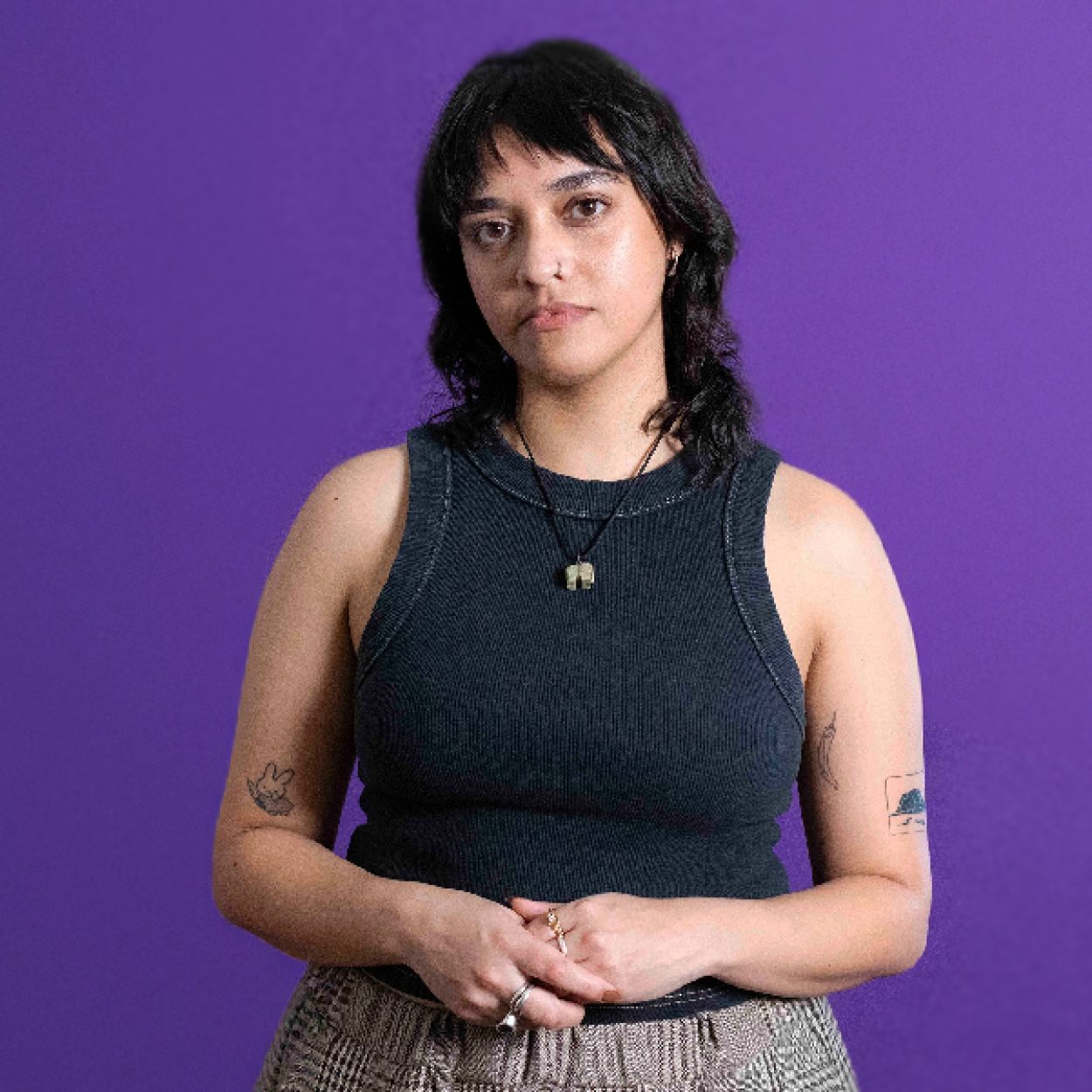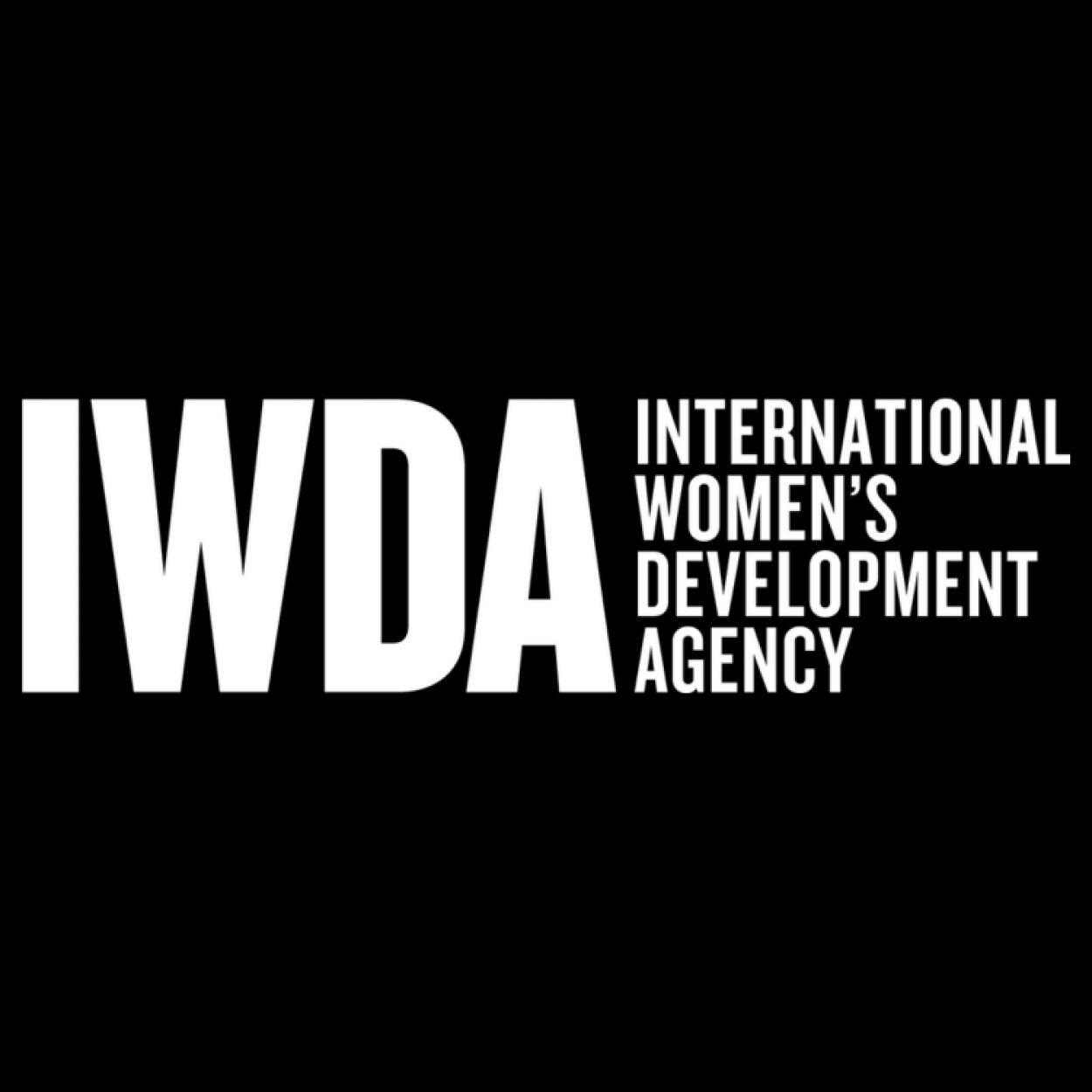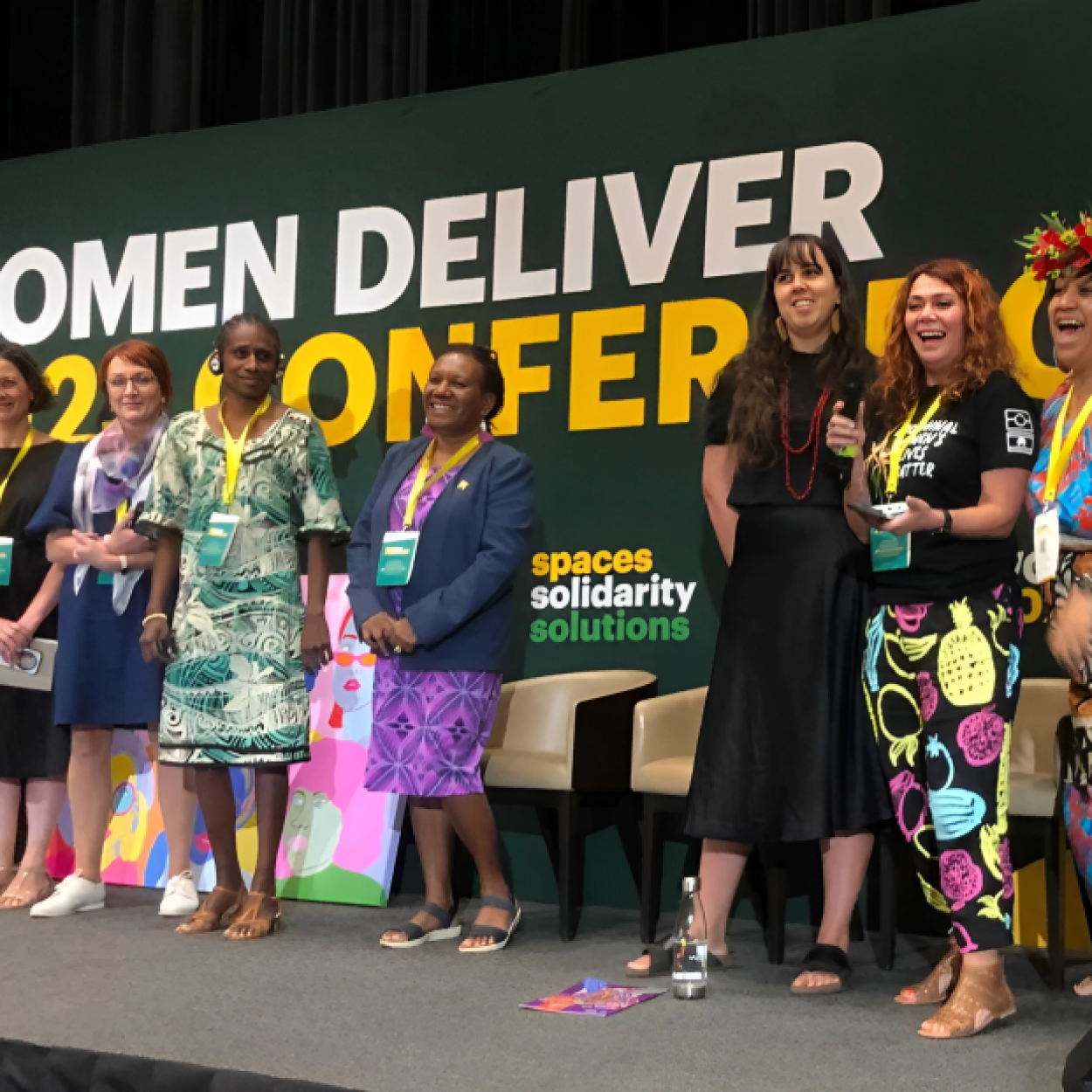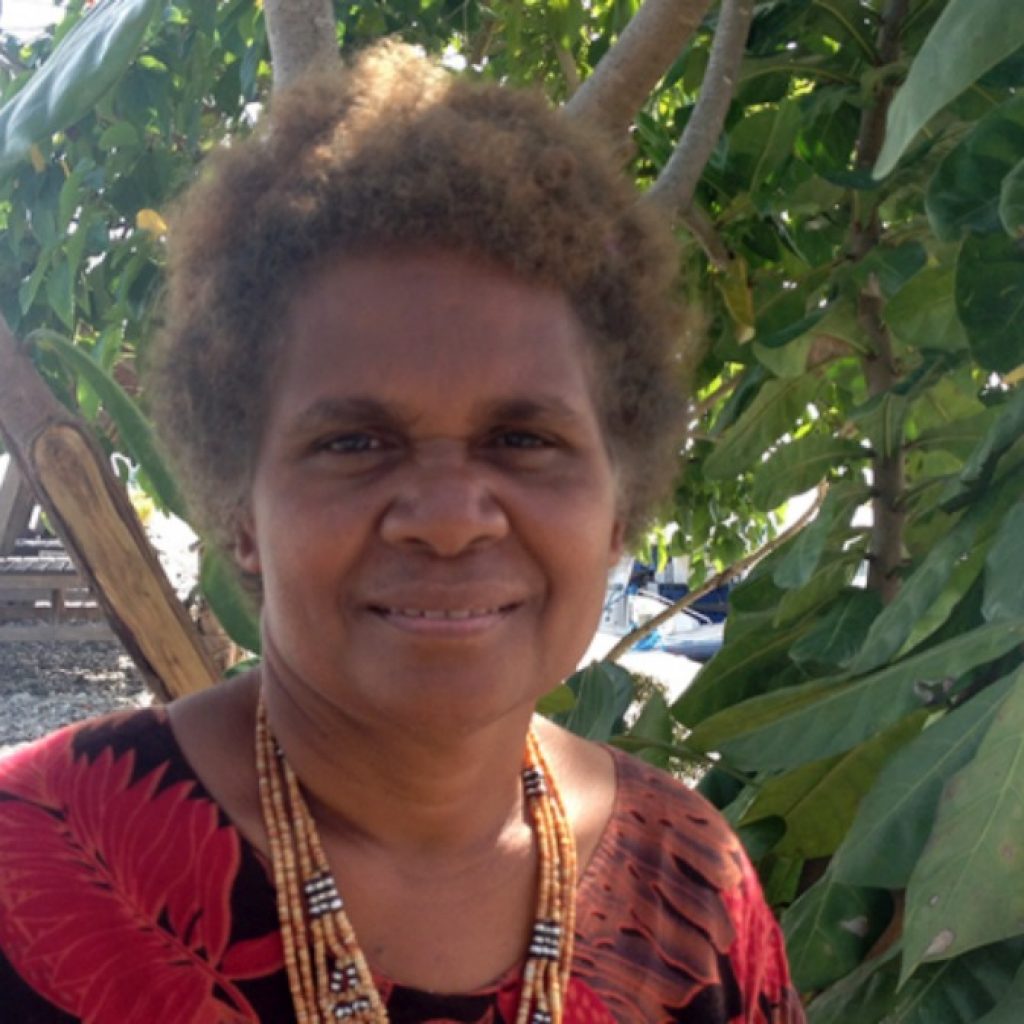
Floating banks, legal aid and ending human trafficking
The strength of IWDA comes in how we work – our partnership with existing women’s rights organisations is critical to advancing women’s rights in our region and beyond. While many organisations fund programs focussed on women, we’ve always taken a rights-based approach that is built on partnering with local women’s organisations.
The organisations we work with in Asia Pacific know their communities. They know the issues they need to address, and they’re already working to overcome them. Our role is to grow the capacity of these local organisations who are supporting their local communities.
Not only does IWDA providing funding, we provide support with everything from accounting and finance to program design to ensure our partners can reach more women, widen their advocacy, and expand the breadth of their work.
The women (and men) of these organisations are all amazing, but today, we wanted to highlight three Change Makers that are bringing innovation to their nations.
Alice Pollard, West ‘Are’Are Rokotanikeni Association (WARA)
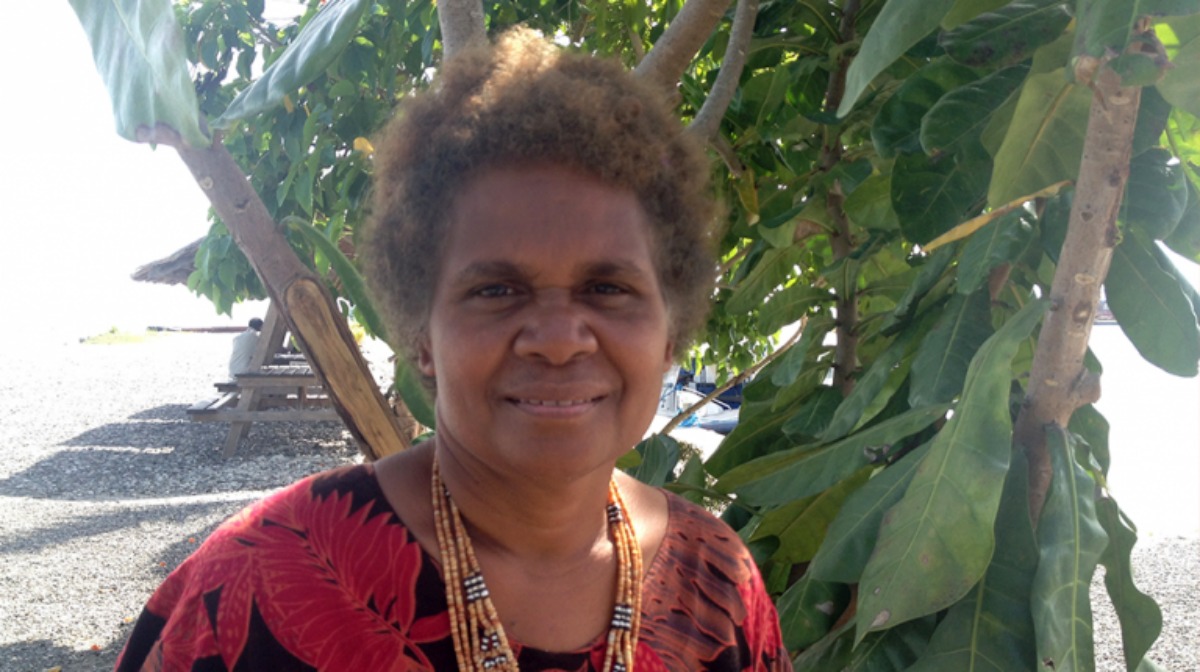
A bank isn’t something most of us think about often. We get paid, our money is automatically deposited and kept safe, and we have full visibility over how it’s spent. In the Solomon Islands, the capital city of Honiara offers this service. The other 900 islands do not.
If you can’t access and establish an independent bank account, your control over your own money shrinks. Your ability to keep money safe for emergencies, medication, education or starting your own business is near impossible.
Thankfully due to an amazing initiative lead by our Change Makers Dr Alice Aruhe’eta Pollard and her organisation West ‘Are’Are Rokotanikeni Association (WARA), this is now changing.
Four times a year, Alice and her staff travel 13 hours in a motorised canoe to provided withdrawals and collect the money from women in rural communities. In addition to cash transactions, our Change Makers also provide financial literacy training and support to women to pursue leadership opportunities in their communities.
Marcelina Amaral, ALFeLA
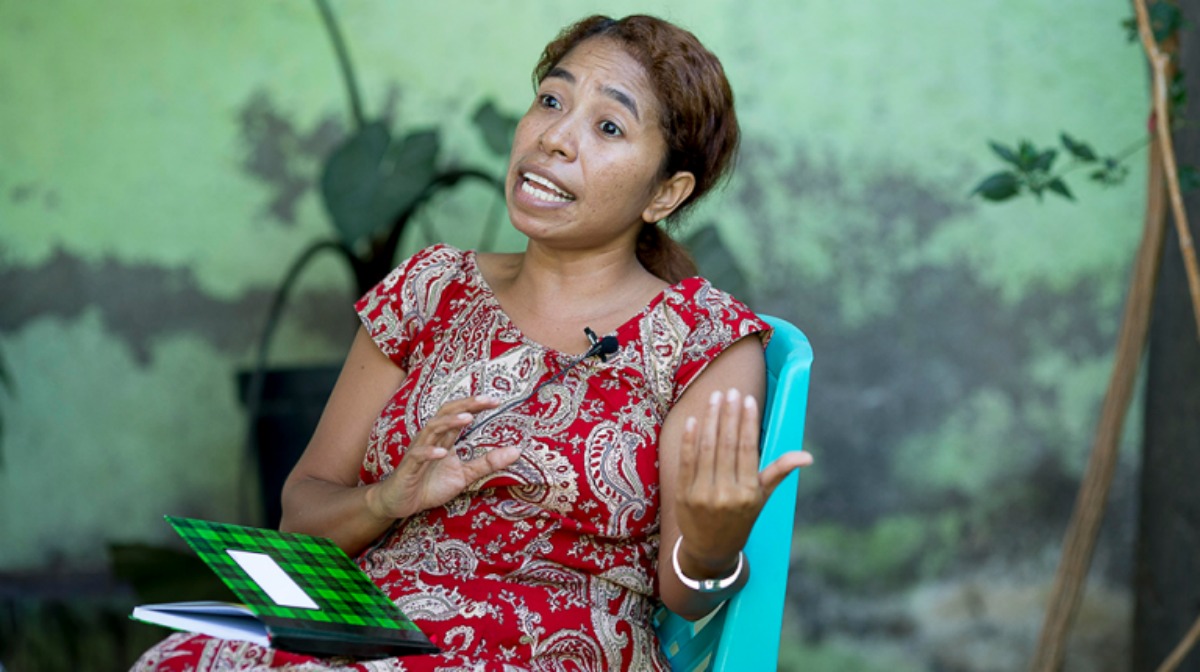
Timor-Leste’s legal system is not protecting women. Almost 40% of women over 15 have experienced physical violence, and 81% of teenage girls believe a husband is justified in beating his wife. ALFeLA is the only legal service in Timor-Leste that offers advocacy, legal aid, education and legal training for women, students and the wider community. And they’re working to change the prevalence of violence against women and the attitudes that perpetuate them.
Marcelina Amaral is a Legal Aid Officer at ALFeLa. IWDA supported Marcelina’s training to become a lawyer, and now she’s one of only five qualified Legal Aid Officers at ALFeLa.
“We can observe that, in general, many people still don’t understand that they have rights. Not just women in rural areas as but also women who are working,” said Marcelina.
Because of ALFeLa’s rights training, women who experience violence will be in a better position to understand violence as a violation of their rights. Through their legal education and advocacy, the Change Makers at ALFeLa are beginning to see more women coming forth to take legal action against violence.
Moe Kham, Ta’ang Women’s Organisation
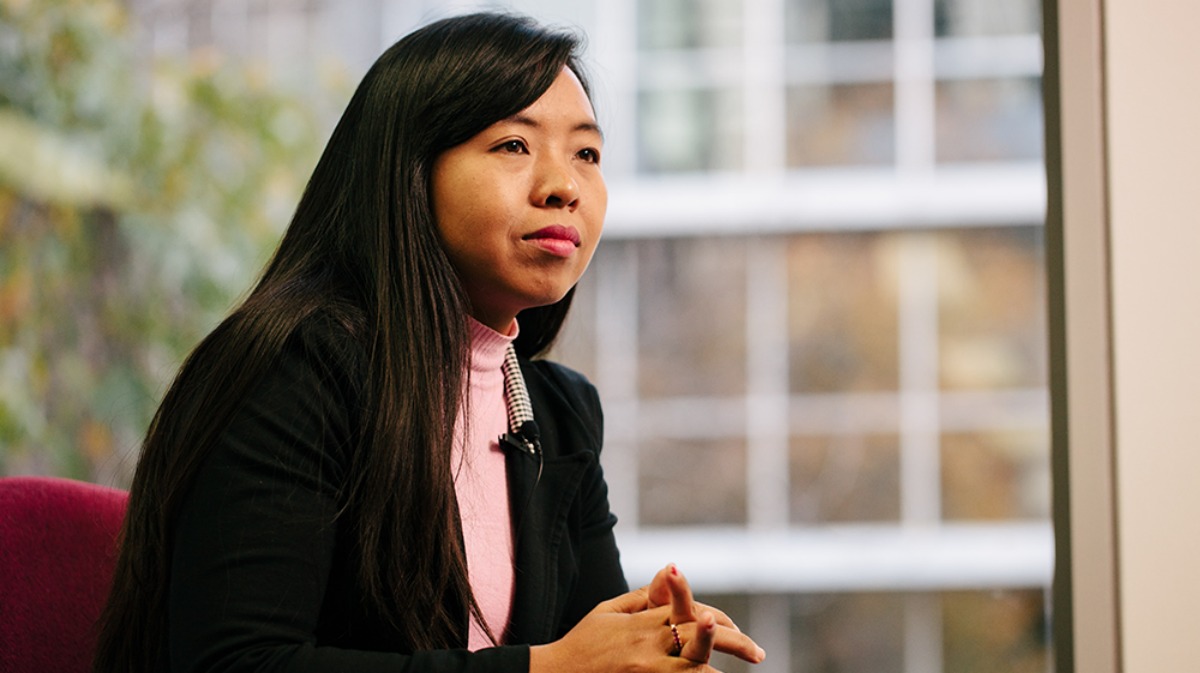
The Ta’ang people are an ethic group within Myanmar’s rural Shan State. According to a traditional Ta’ang proverb, “The more your husband beats you, the more he loves you”. It’s within this horrific context that Ta’ang Women’s Organisation’s (T.W.O.) crisis support centres work to support women who have been abused or trafficked.
Lway Moe Kham has spent all her adult life working with T.W.O., advocating against gender-based violence and the trafficking of women across the borders of Myanmar. Her work includes reducing the prevalence of trafficking, supporting women trying to escape their captives, and bringing criminals to justice.
The work of Moe Kham and her colleagues at T.W.O is vital in supporting women to escape trafficking. They confront the urgent and the seemingly impossible task of tackling the commodification of women and girls, and raise awareness in the broader community about the risks of trafficking.
By connecting rural women and men community leaders who are courageously speaking out against gender-based violence, Change Makers like Moe Kham are overcoming huge barriers to slowly erode the damaging cultural institutions that normalise violence and put women at risk of trafficking.
Every community is unique, with its own set of challenges. What all of the phenomenal women we work with across Asia Pacific have in common in a commitment to overcoming insurmountable odds to enable women to claim their human rights.
Want to support our amazing Change Makers to make the work a better, fairer place? Donate today.
